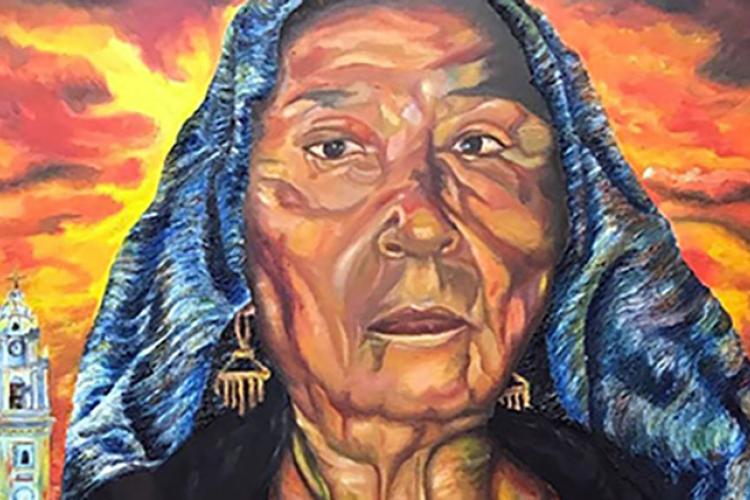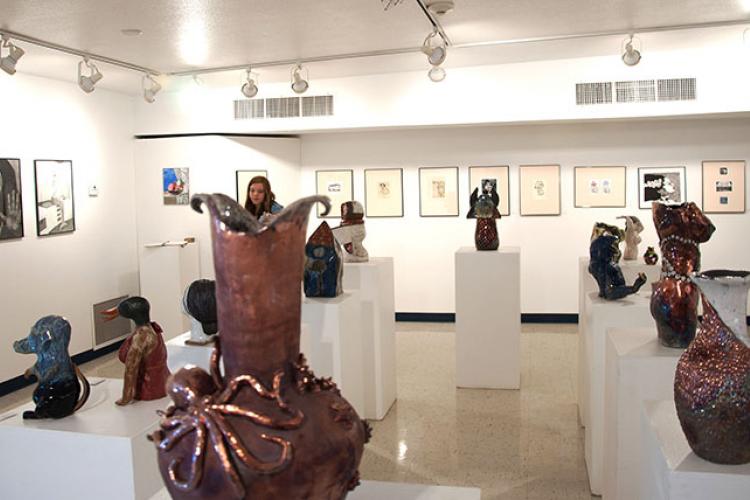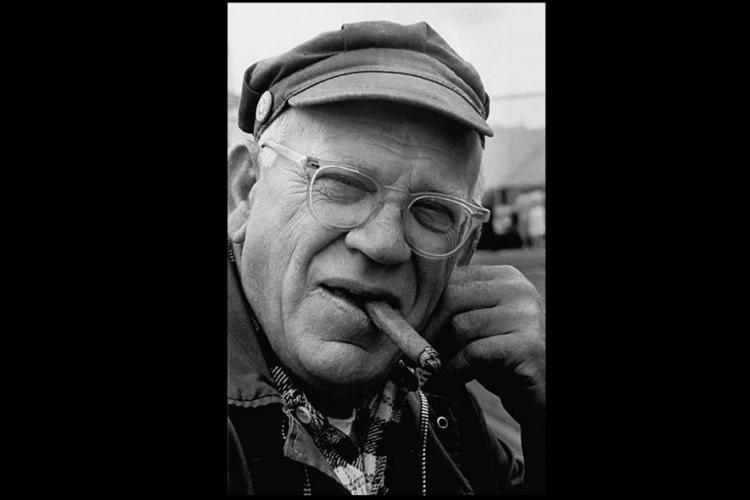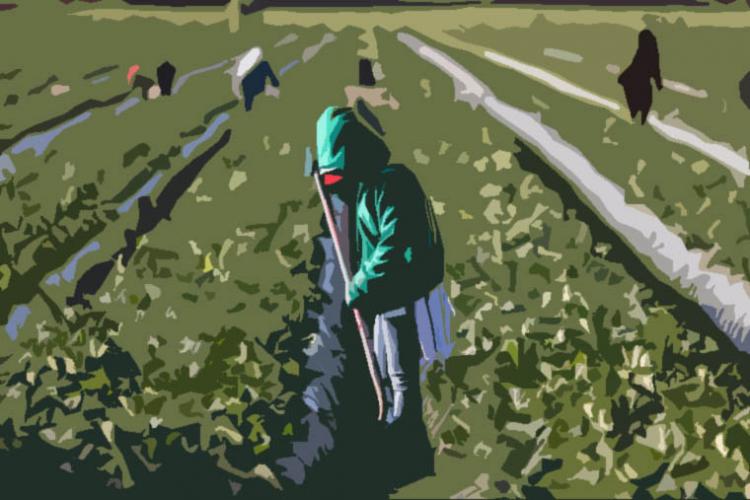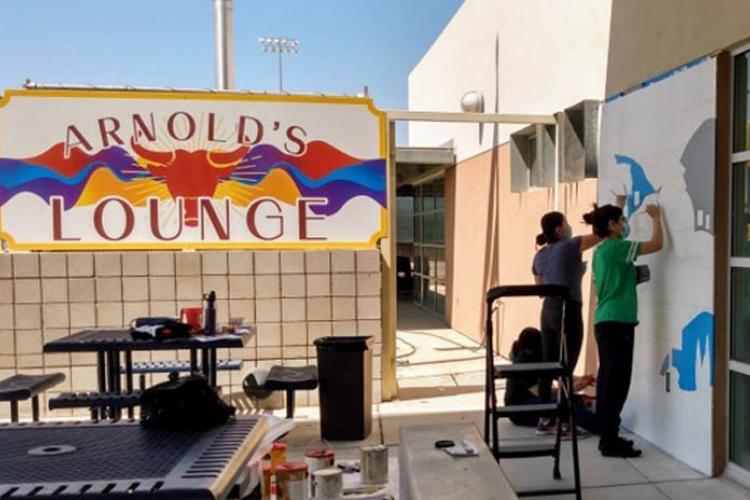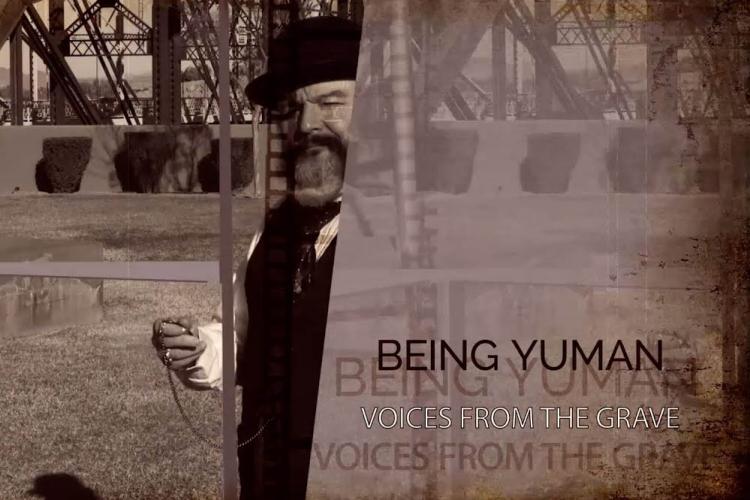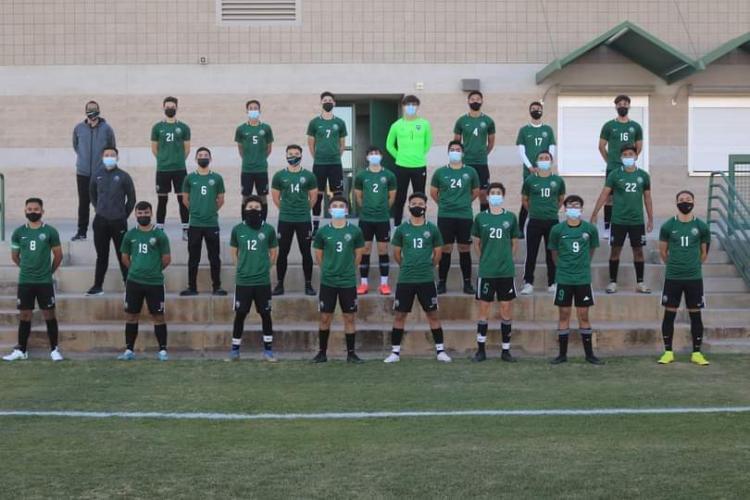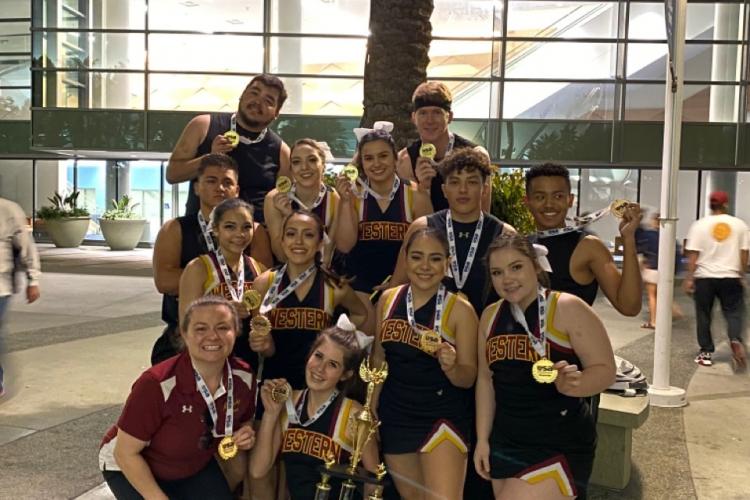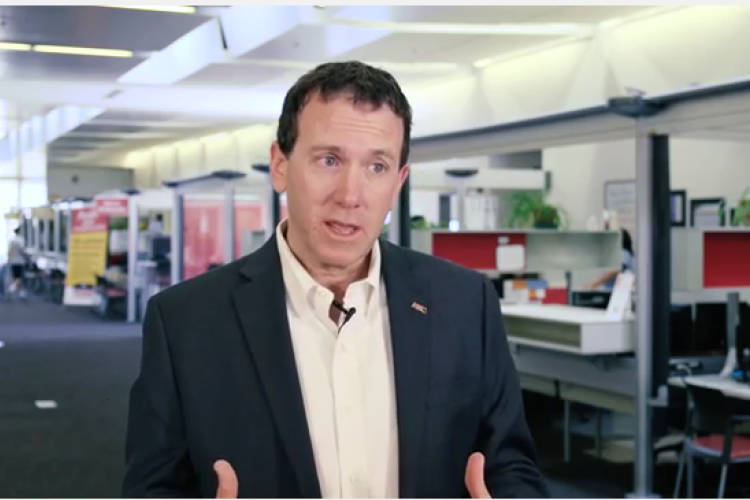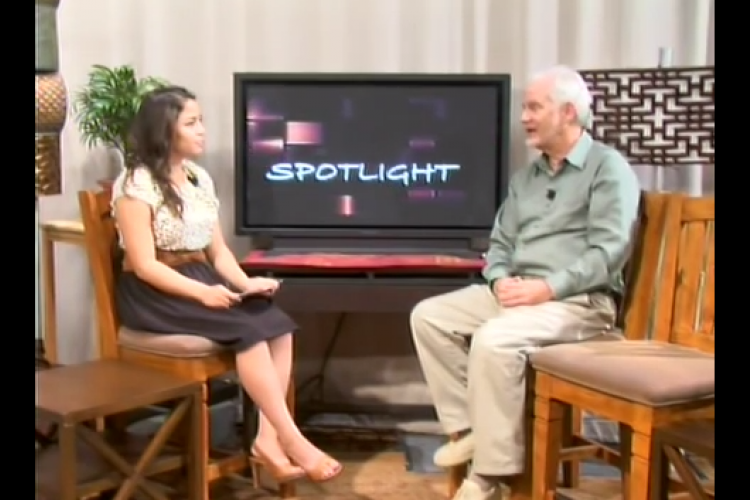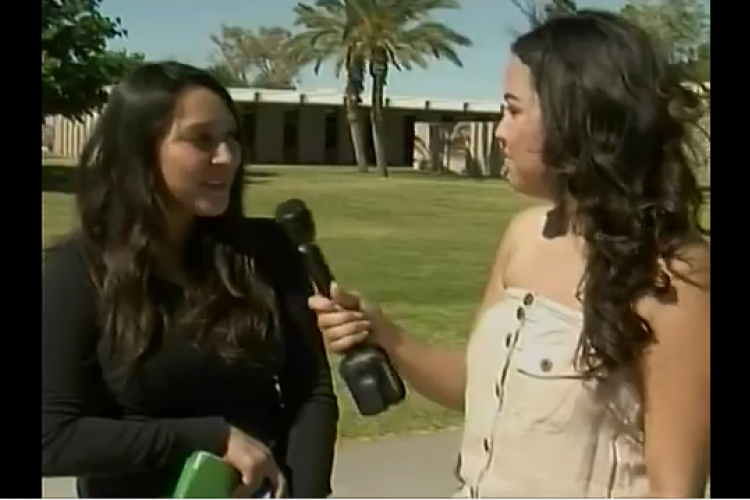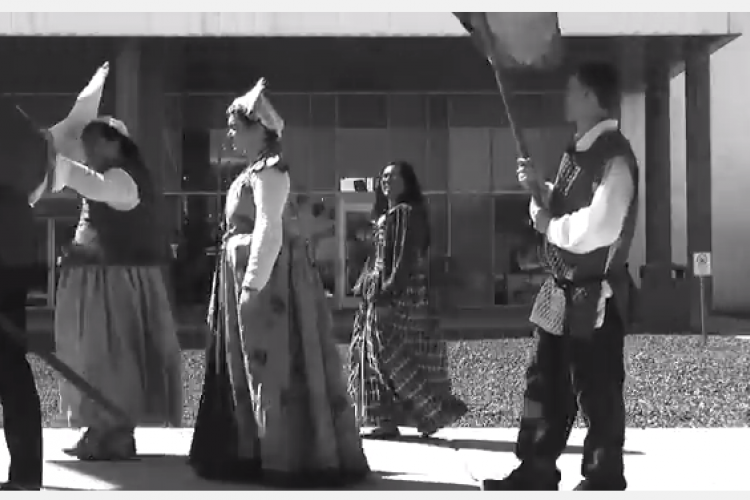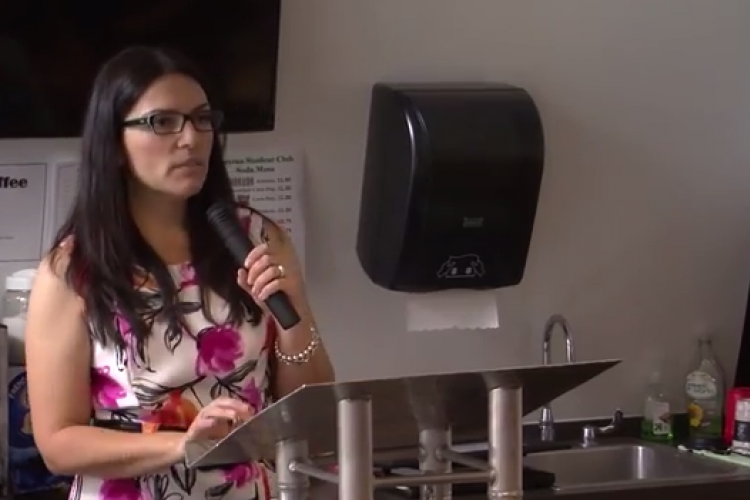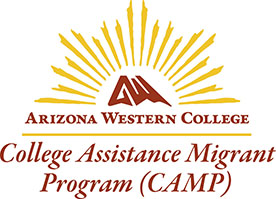
By Crystal Valenzuela
Growing up in a small town can have both ups and downs. One of the benefits is the smaller population, meaning less traffic. A down side, though, might be growing up dependent in a very family-oriented home.
It's not as easy as one would think to just pick up and leave, especially if we are used to home-cooked meals, family bonding and a cozy home. No matter the distance, being away from home can be hard.
In starting classes at Arizona Western, I debated for a long time whether to leave the nest and join the College Assistance Migrant Program, which offers migrant students the ability to live on campus so that their main priority remains their education.
A home away from home
Migrant students are known for having to relocate from one place to another due to their parent's jobs. It can be hard to stay on track with school when you have to get used to a new curriculum at least twice a year.
After several debates with myself, I finally decided to take the plunge and join CAMP. I was a bit scared at first because it was something new and out of my comfort zone.
From day one, though, there was not a single moment where I felt like I was in this alone. Rosalia Delgado, the CAMP director, Rigo Conde, the CAMP outreach and activities coordinator and Rafael Encinas, the CAMP academic advisor and transition coordinator all made us feel extremely welcome in this new stage of our lives.
On the first day, the CAMP and KEYS program holds an all-day orientation where they prepare students for their first week of classes. Then, in order to help students help succeed in their classes, CAMP provides them with many resources throughout the semester -- tutoring, mentoring, guidance, academic advising, study hall and mandatory weekly meetings.
For my first semester, Rafael Encinas was the tutor for English 101 students. During tutoring we practiced answering thought-provoking questions, which helped me develop strategies on how to write better.
The CAMP program hires 4-6 camp students from the previous year to mentor the incoming members. Meeting with my mentor helped to calm some of my worries and gave me advice on how to do well in my classes.
Benefits of being in CAMP
CAMP offers many great opportunities for students. For example, the program encourages them to be involved on campus, which is something I normally wouldn't do. I grew to enjoy attending the many campus presentations and events.
The most memorable event I attended was the Women's Empowerment Event that was held in March. I learned how to hula dance and even got a free chair message, which was the most relaxing thing I've ever experienced.
One of the many exciting academic trips that I was lucky enough to attend was a leadership conference in Santa Fe, N.M., where we met students from both New Mexico and Colorado. We attended several leadership classes on different topics, interacted with other students and took part in several team-building activities. At the conference, I learned more about my culture and woman empowerment, and I got tips on study abroad and leadership skills.
The trip had originally been planned for two days, but we ended up having to stay an extra day because we got snowed in. We eventually got to do all the stereotypical things like have a snowball fight, make snow angels and build a snowman.
There was even a point where things started getting a bit out of control and everyone joined in on the snowballs fight. People were on the roof of the hotel firing snowballs down at us, some were attacking us from left and right, and there was even an old couple standing outside their balcony joining in on the fun.
As part of CAMP, we also took tours of Northern Arizona University, University of Arizona, Arizona State University and Grand Canyon University. During these tours we were shown the campus and what it has to offer, which helped to make my decision for transferring much easier.
CAMP is like a family. It provides a sustainable foundation for students to continue their education either at AWC or at a four-year institution. The program has made me stronger, more diverse and more independent, and it has helped me to feel confident in my future aspirations. I'll miss it when I move on -- just like I'll miss my real home.

